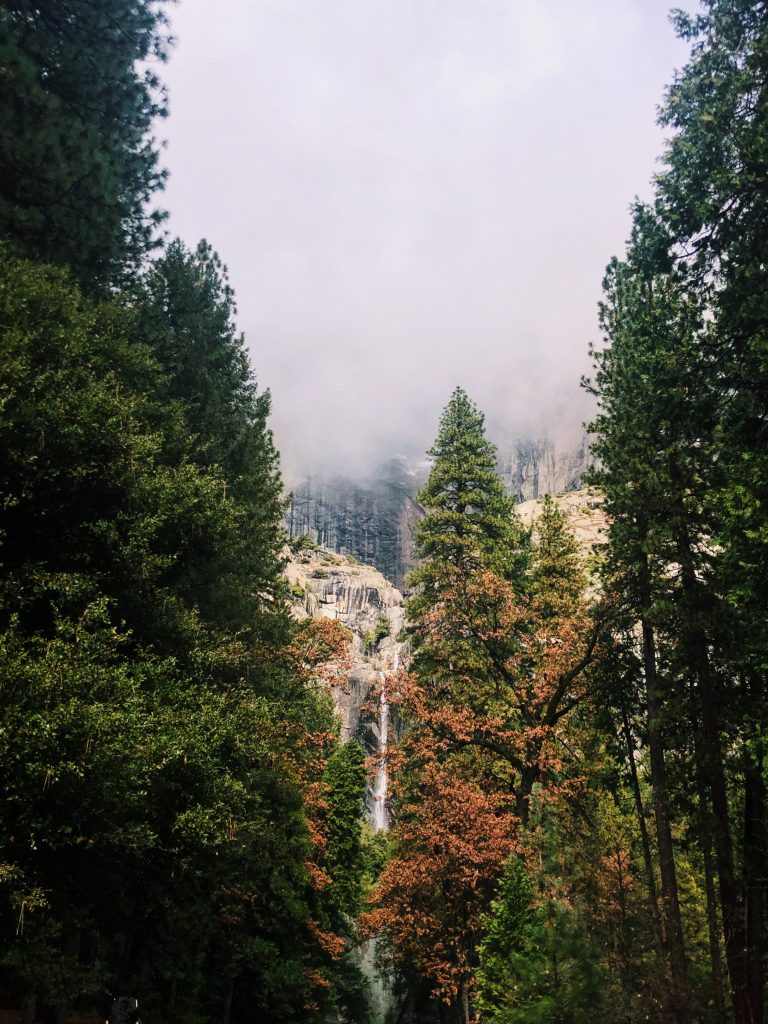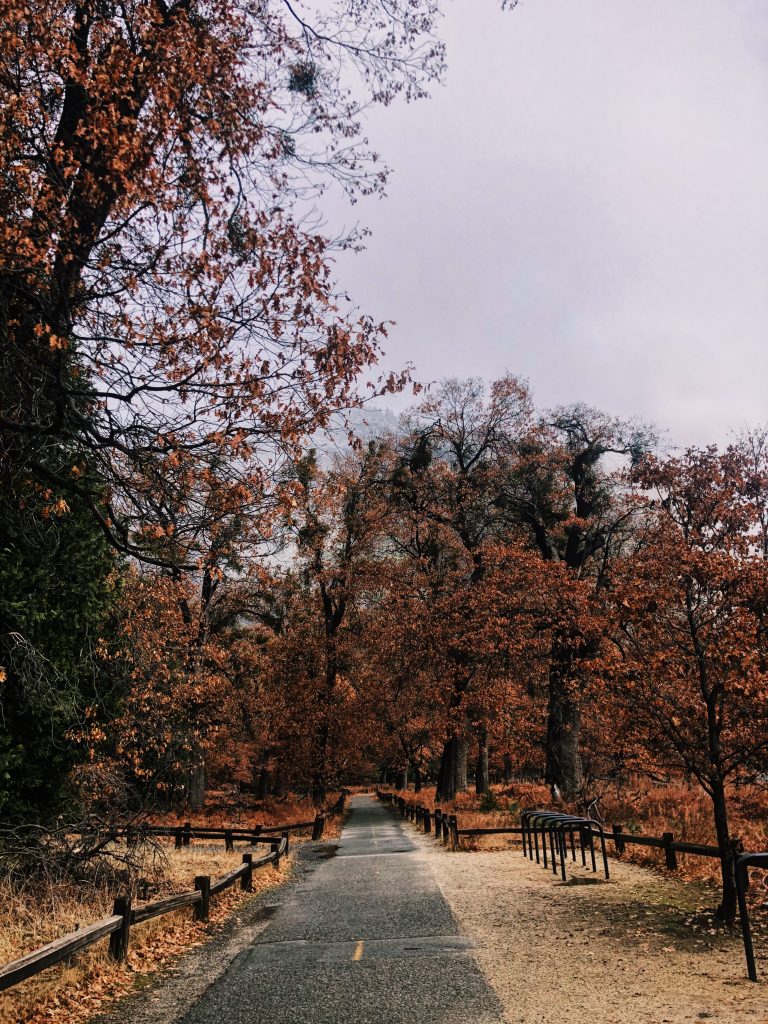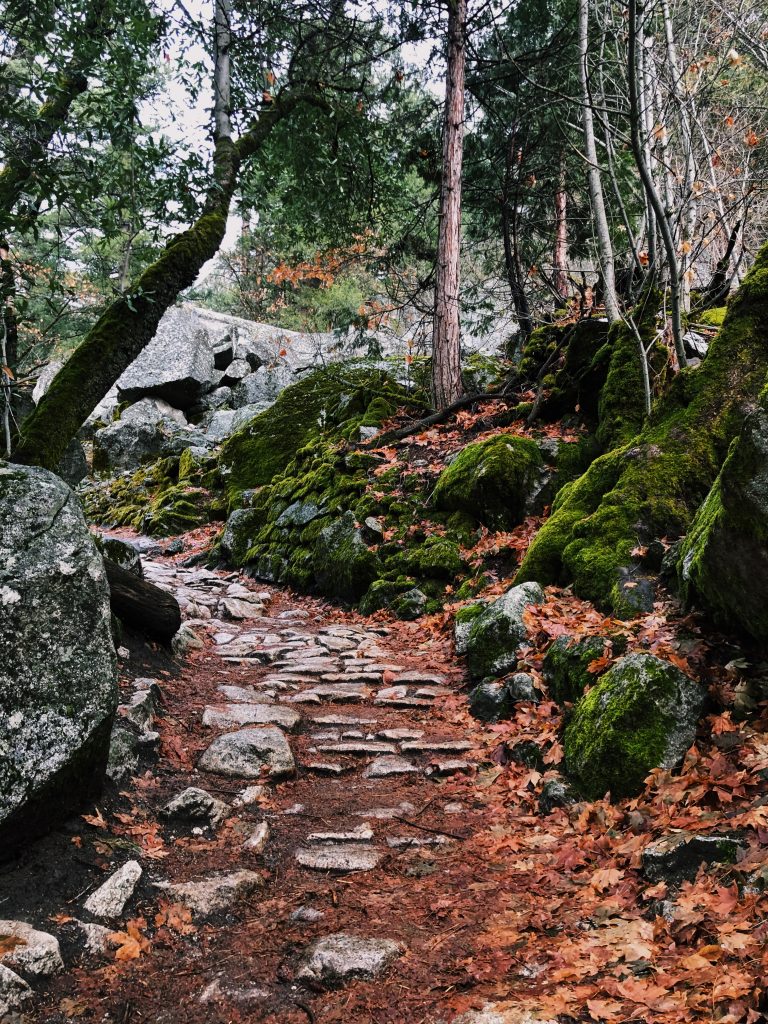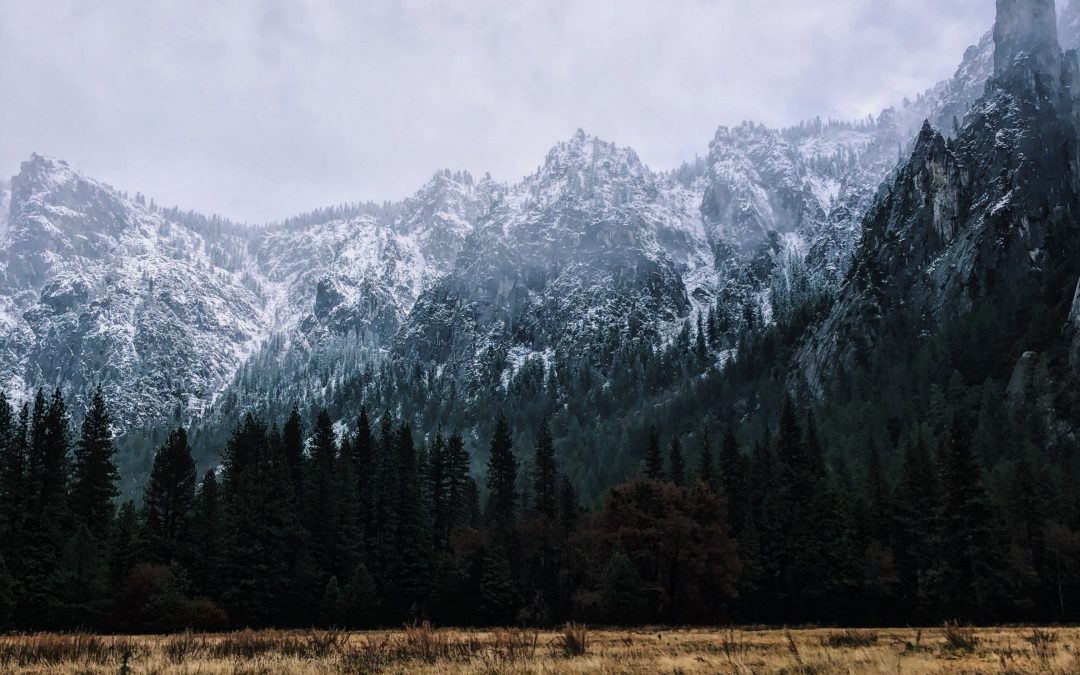There are myriad labels we can use to describe the events of this year, but “pleasant” is not one of them. A global pandemic that has taken too many lives. Destructive natural disasters that point to our climate crisis. The exposure of systemic racism in the US, and massive human rights abuses worldwide. The collective loss of livelihoods, homes, stability, education. The loss of culture with the closure of precious businesses and institutions, while the way we interact with each other has been changed, possibly forever.
And while some enter 2021 with optimism, there is plenty of clarity that any catastrophic reality we faced in 2020 will not end at the stroke of midnight. These enduring challenges continue. Perhaps the hardest days are ahead of us.
The power of reflection in the middle, not the end
Functionally, turning the calendar page may not change much. But it gives us the opportunity to pause, not at the end of hardship, but in the middle. Taking the time to think about what meaning this moment may have for us is precisely the point. How we started 2020, and how we’ve progressed thus far, doesn’t have to define the choices we make next. We have changed, and we can continue to change.
And just because 2020 felt like, in many ways, a long wait to return to “normalcy,” we still have the agency to meet this moment with thoughtfulness and intentionality. As members of our communities, it may be difficult to separate our own development this year from the ways in which events unfolded around us. But we must make that separation: we are inextricably interconnected with others, and we are unique individuals. What happens to us in a global sense does not automatically dictate what happens within each of us.


5 reflection questions to close out the year
I encourage you to grab your journal and write your responses these five questions. Each one leads with a thematic question, and I offer a few interpretive questions to follow.
1) How did I change the way I saw myself this year?
Frequently, our habits and choices reflect our self-concept. How would you complete this sentence now, compared to last year: “I am the kind of person who…” Are you happy with your self-concept this year? How would you adjust it?
2) How did I lead and show up for others this year?
In what ways did I support others in meeting the challenges they faced this year? In manners large and small, how did someone else’s 2020 improve because of something I said, gave, or did? If I’d like to do more, who might need me in 2021 and how can I show up for them?
3) How did I redefine success this year?
The constraints we faced and the tragedies we witnessed this year stripped our notions of security, stability and success. In what ways are you thinking of success differently now? Do you still want the same things you wanted at the beginning of 2020? How will you reorient yourself toward new definitions of success in 2021?
4) How did goodness and hope show up in my life this year?
This may have been the most challenging year for you to live through. But it doesn’t mean that goodness and hope have abandoned you. Let’s mark with gratitude the ways in which we still experienced beauty, joy, peace, and love this year. In big things and in small.
5) How will I live differently because of this year?
What have you learned this year about yourself, what matters most to you, and how you want to live in reflection of your values? What do you hope to hold onto in the form of practices and postures? What do you need to release or resist? What has been tyrannical? What has been liberating?


Our deep commitment to long-term hope is more important than ever
One of my heroes, Bryan Stevenson, frequently says that the opposite of justice is hopelessness. But hope is not blind optimism, and must be forged with more than escapism, distraction, and frivolity. I encourage you to continue seeking sources of hope from greater depths, beyond this current moment.
A few personal milestones
This year, Aaron graduated with his PhD in Clinical Psychology and I graduated with my MBA. We moved from Connecticut to California. I turned 30 and reflected on the last 3 decades. I started working full-time for Brio, our nonprofit that Aaron and I co-founded, and we now work in five countries across the Americas and Asia. We brought home our beloved Ezra, a Siberian cat.
This year hasn’t been easy. Next year won’t be, either. We have hope for the future because it has been offered us, freely.
Sending you our love.

